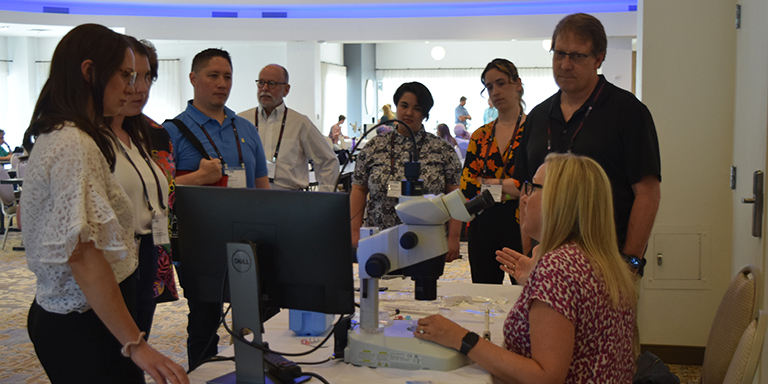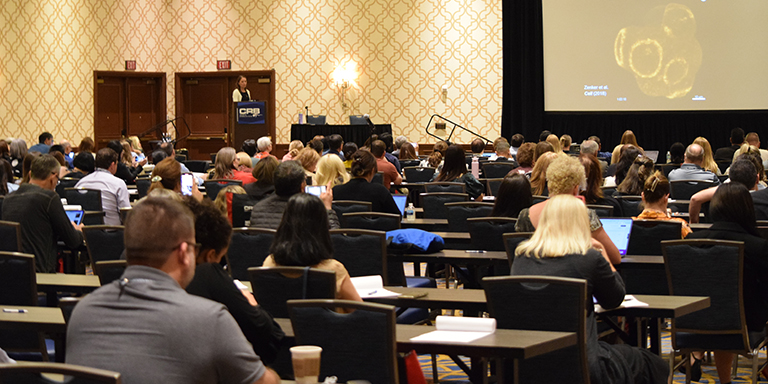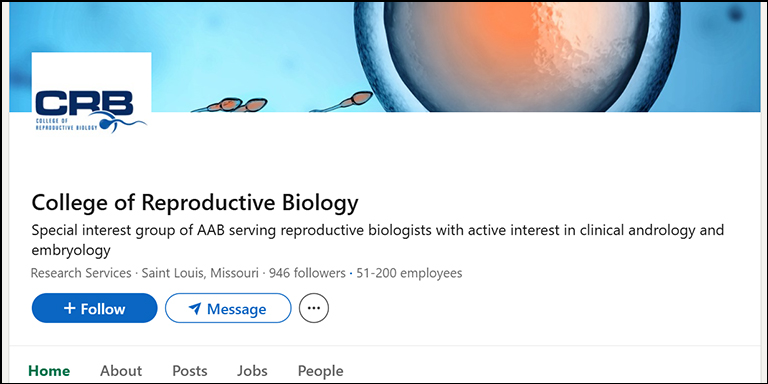CRB Webinars Session 4: Thursday, August 12, 2021 • 5:00 P.M. EDT
CRISPR Based Genome Editing – Any Prospect For PGT?
By Helen O’Neill, Ph.D.
Thursday, August 12, 2021, 5:00 P.M. EDT • 1.0 Contact Hour PEER-approved
Topics include:
- Introduction to CRISPR genome editing
- CRISPR in context
- Germline genome editing
About our speaker:

Helen O’Neill, Ph.D.
University College London
London, United Kingdom
Dr. Helen O’Neill is a lecturer in Reproductive and Molecular Genetics and Director for the MSc in Reproductive Science and Women’s Health at the Institute for Women’s Health, University College London (UCL). Her research focusses on preimplantation embryo development and the use of genome editing to assess understanding and treatment of disorders of infertility. Dr. O’Neill has an honours degree in Genetics, an MSc in Prenatal Genetics and Fetal Medicine from UCL and did her PhD and postdoctoral research on the genetics of ovarian development in the Department of Stem cell biology and developmental genetics at the National Institute for Medical Research. She lectures both masters and medical students and is active in public engagement involving genome editing. Dr. O’Neill is CEO and Founder of Hertility Health, a precision medicine based approach to reproductive health and fertility.
Moderated by:

Carli W. Chapman, BS, ELD/TS(ABB)
ART Laboratory Director
Rinehart Fertility Center
Hinsdale, Illinois
Carli Chapman has spent more than 30 years in the practice of clinical embryology, most recently as the laboratory director for Rinehart Fertility Center. She has helped to successfully launch several IVF programs and is recognized both nationally and internationally as a leader in the field of embryology. Carli is also active in educational activities and has served as the past president of both College of Reproductive Biology (CRB) and Society of Reproductive Biologists and Technologists (SRBT). She is an active member of American Society of Reproductive Medicine and has served on the Post-Graduate Faculty for ASRM numerous times. While Carli is very active in the field, she still actively works in the laboratory because she will forever hold the care and keeping of all patients’ embryos and gametes as her primary obligation.



